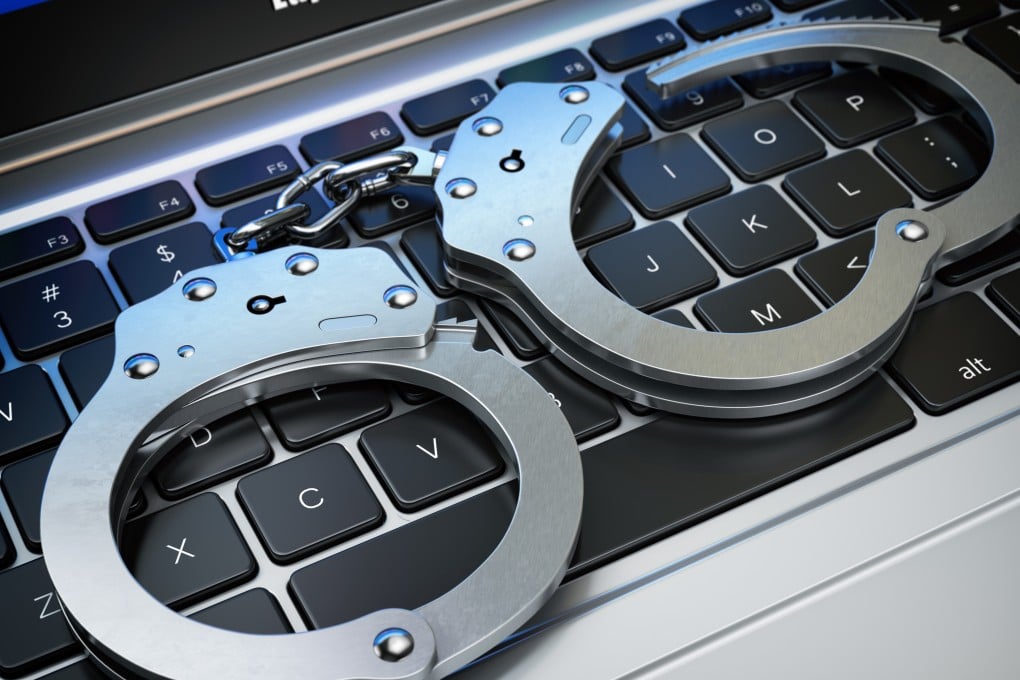Sri Lanka’s ‘chilling’ online content law lambasted as tool to silence government critics
- The Sri Lankan government could potentially abuse the law and its ‘ultimate aim is self-censorship’, human rights groups say
- A coalition of tech giants says the law is ‘draconian’ and urges the government to hold wider consultations on the matter

First proposed in September last year, the Online Safety Bill that was passed by the Sri Lankan parliament on Wednesday has drawn criticism from human rights groups and tech giants, who fear its rushed implementation will stifle freedom of expression.
Before the parliamentary vote, the government amended the draft legislation after the Supreme Court found 31 of the 57 clauses to be unconstitutional, following 45 petitions filed in the country’s apex court challenging the bill.
Of 225 parliamentarians who attended the session, 108 voted in favour of the controversial legislation while 62 voted against following a two-day debate, as the government pushed for a swift approval of the bill.
A five-member Online Safety Council is to be established under the law, with the power to penalise offenders for online safety violations. This includes up to 500,000 Sri Lankan rupees (US$1,560) in fines or a maximum of five years in jail for those who post material deemed by the council as illegal. The council will also hold social media giants such as Google, Facebook and X liable for such content posted on their platforms.